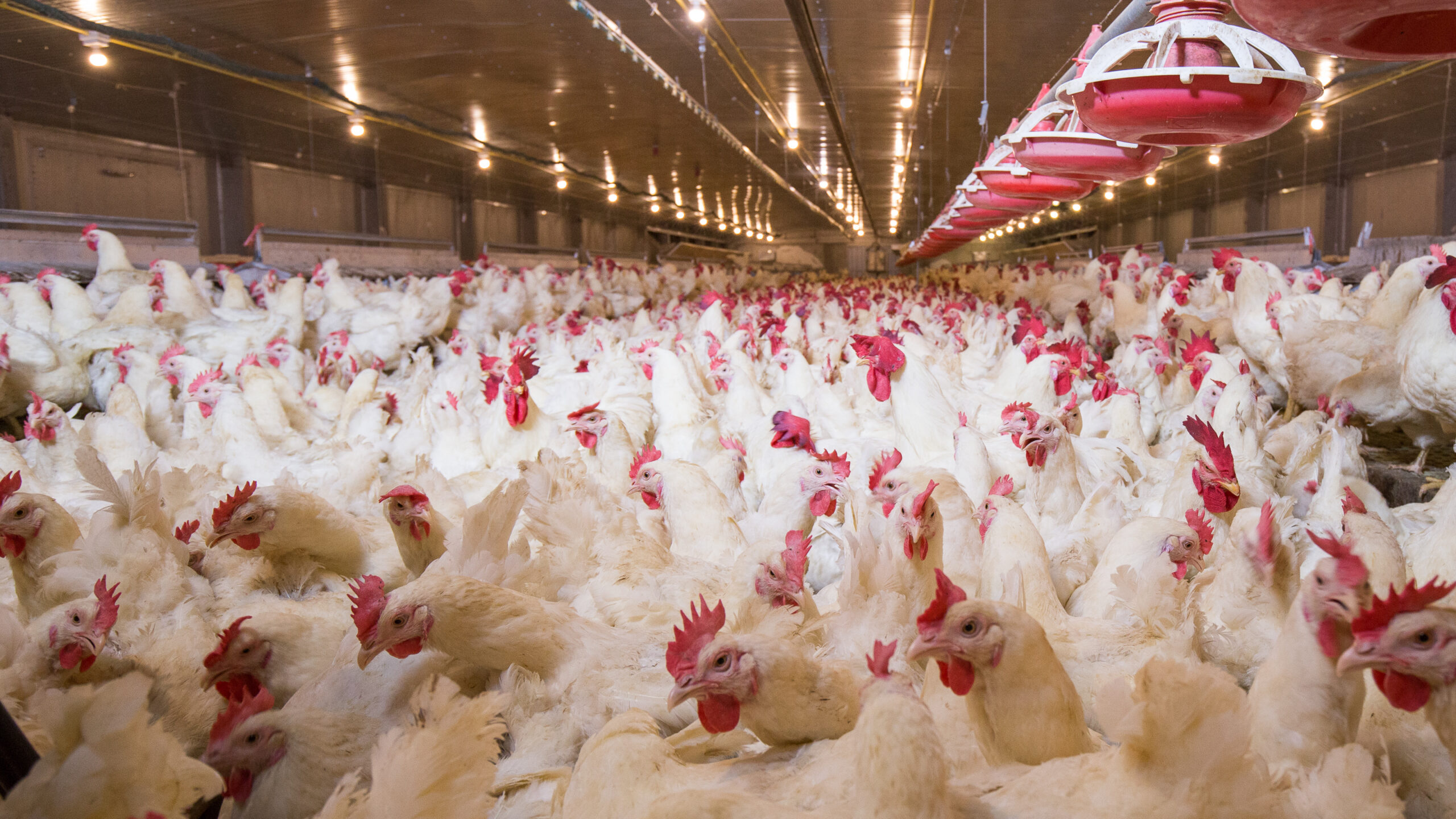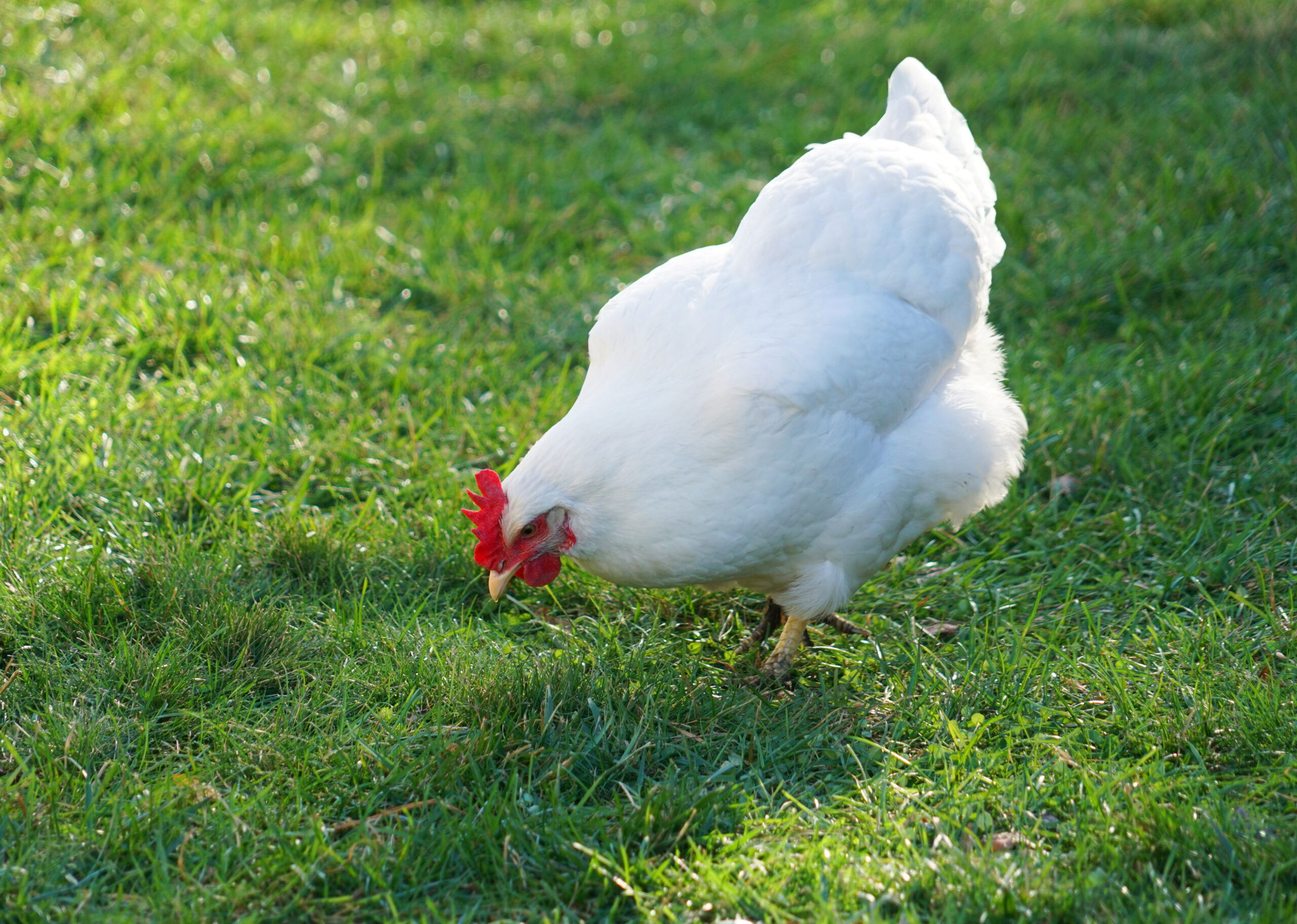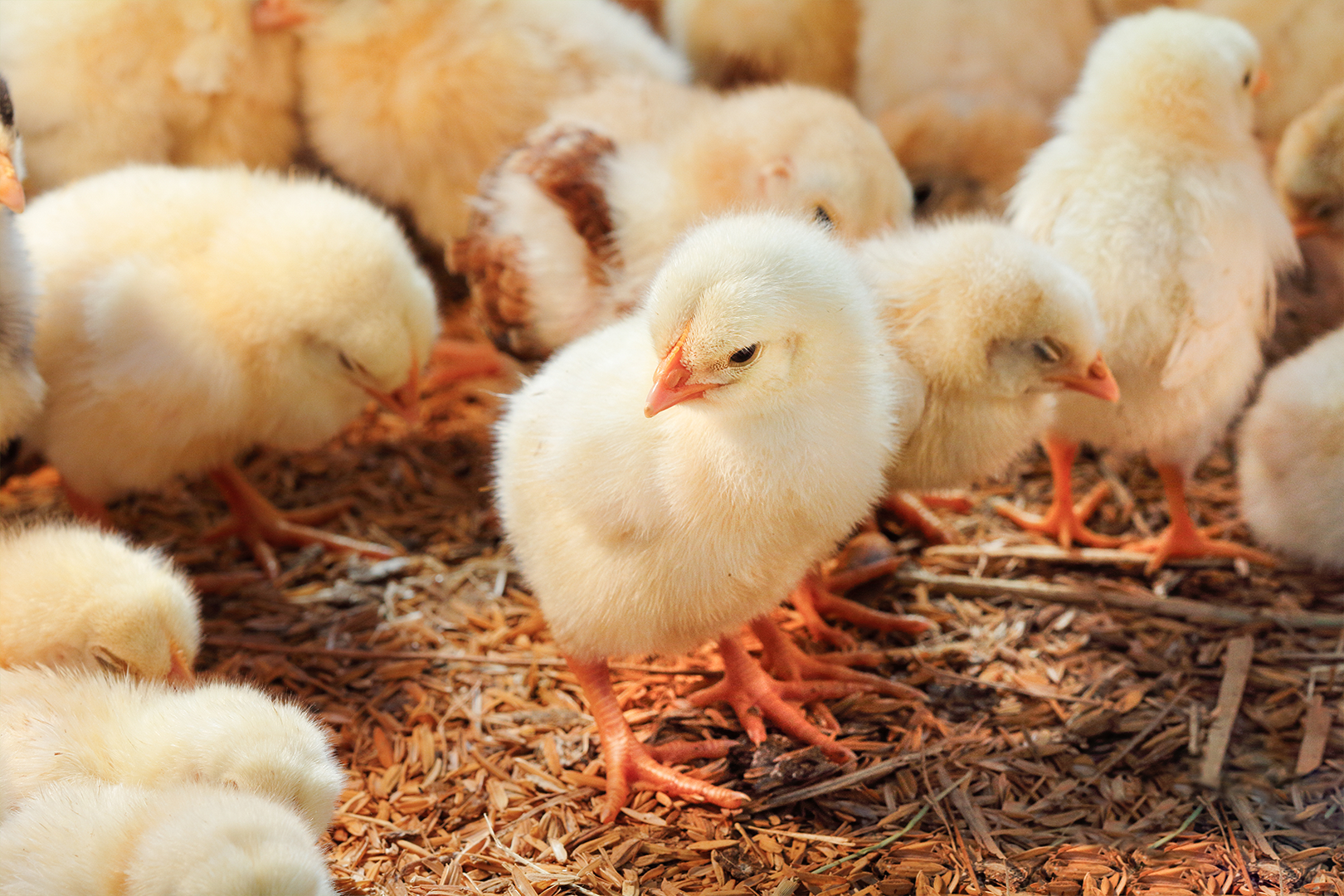Contacts
| NPIP Administrative Coordinator |
| 334-240-6584 |
| alnpip@agi.alabama.gov |
Exhibition Testing Requirements:
To maintain Alabama’s Pullorum-Typhoid Clean status, the State is required to conduct a surveillance testing program. Therefore, all chickens, turkeys, and game birds exhibited—regardless of age—must be accompanied by an approved certificate or test chart demonstrating compliance with the following:
- Pullorum-Typhoid: Birds must either:
- Originate from a hatchery or breeding flock classified as U.S. Pullorum-Typhoid Clean under the National Poultry Improvement Plan (NPIP); or
- Have tested negative for pullorum-typhoid within 90 days prior to the opening date of the exhibition.
Note: All out-of-state poultry must meet Alabama’s importation requirements. Specifically:
- Poultry entering Alabama must either:
- Test negative for Salmonella pullorum/typhoid (P/T) and Avian Influenza (AI) within 21 days prior to entry, or
- Originate from a flock participating in the NPIP Salmonella P/T and AI Clean programs.
- Hatching eggs and day-old chicks must originate from NPIP P/T and AI Clean flocks, or from flocks that have tested negative for Salmonella P/T and AI within 21 days prior to entry.
- Poultry from NPIP-participating flocks may move into Alabama using NPIP Form 9-2 or 9-3.
- Non-NPIP poultry must be accompanied by a Health Certificate issued by an accredited veterinarian, including:
- Test results for Salmonella P/T and AI
- Dates of testing
- Transport boxes, crates, or carriers must be clean and designed to allow proper care of the birds during transport.
For questions, please contact the Office of the State Veterinarian at 334-240-7253.
All out-of-state poultry must meet Alabama importation requirements and can be found here.
Helpful Links

Poultry Health
Pullorum-Typhoid (P-T) Disease
Pullorum-Typhoid (P-T) is a disease caused by a Salmonella species that infects chickens, turkeys, and other types of poultry. It is egg-transmitted and can produce high death loss in hatchlings and young birds. Birds that survive a P-T infection are usually carriers for life and source of the disease for other birds.
P-T has been nearly eliminated from poultry flocks in the United States because of the National Poultry Improvement Plan (NPIP). Blood-testing potential breeding birds and culling infected birds are required to eradicate this disease. Breeders that test negative produce non-infected hatching eggs, chicks and poults.
Alabama is a Pullorum-Typhoid Clean State. Annual testing is conducted to validate the Pullorum Clean flock status.
Avian Influenza
Avian influenza viruses are highly contagious, extremely variable viruses that are widespread in birds. Wild birds in aquatic habitats are the natural reservoir hosts, but domesticated poultry are readily infected. Most viruses cause only mild disease in poultry and are called low pathogenic avian influenza (LPAI) viruses. Highly pathogenic avian influenza (HPAI) viruses can develop from certain LPAI viruses, usually while they are circulating in avian populations. HPAI viruses can cause 90-100% mortality in infected flocks, and cause epidemics that may spread rapidly, devastate the poultry industry and result in severe trade restrictions. Trade restrictions also result from infection of poultry with LPAI viruses. Avian influenza viruses occasionally affect mammals, including humans, usually after close contact with infected poultry.
The Alabama Department of Ag & Industries continues to work together with Alabama’s poultry industry and other state and federal agencies to prepare for and respond to introductions of influenza in poultry. The Poultry Division also works cooperatively with the commercial and backyard poultry industries of Alabama to maintain an Avian Influenza surveillance program.
Poultry owners should monitor their flocks and report any possible symptoms to the Alabama Department of Agriculture and Industries at 334-240-6584.
NPIP PROGRAM BACKGROUND
The National Poultry Improvement Plan (NPIP) is a cooperative Federal-State-Industry mechanism developed for controlling certain poultry diseases. The Plan consists of a variety of programs intended to prevent and control egg-transmitted, hatchery disseminated poultry diseases. NPIP identifies states, flocks, hatcheries, and dealers that meet certain disease control standards specified in the various programs. As a result, customers can buy poultry that has tested clean of certain diseases or that has been produced under disease-prevention conditions. Being a member of NPIP also allows greater ease in moving hatching eggs/live birds within the state, across state lines, and into other countries. In fact, most countries will not accept hatching eggs/live birds unless they can be shown to be an NPIP participant.
Presently under the National Poultry Improvement Plan, Alabama is proud to be designated as a U.S. Pullorum-Typhoid Clean State.

NPIP PARTICIPANTS ARE CLASSIFIED UNDER THE FOLLOWING CATEGORIES(SUBPARTS):
- Subpart B - Egg-Type Chicken
- Subpart C - Meat-Multiplier Type Chicken
- Subpart D - Turkey
- Subpart E - Waterfowl, Exhibition Poultry, and Game Bird Breeding Flocks
- Subpart H - Meat-Primary Type Chicken
- Subpart J- Egg/Meat-Type Game Bird and Raised-for-Release Game Bird Breeding Flocks
- Subpart F- Ostrich, Emu, Rhea, and Cassowary Breeding Flocks
For a list of NPIP Participants by State follow the link and select the desired state.
NPIP FLOCK/HATCHERY PROGRAMS AVAILABLE FOR THE COMMERCIAL SECTOR (SUBPARTS B, C, D, H):
- Pullorum-Typhoid Clean
- Mycoplasma gallisepticum Clean
- Mycoplasma synoviae Clean
- Mycoplasma meleagridis Clean
- Avian Influenza Clean
- Salmonella enteritidis Clean
- Mycoplasma gallisepticum Monitored
- Mycoplasma synoviae Monitored
- Salmonella Monitored
- Sanitation Monitored
NPIP FLOCK/HATCHERY PROGRAMS AVAILABLE FOR THE WATERFOWL, EXHIBITION POULTRY, AND GAME BIRD FLOCKS (SUBPART E, J):
- Pullorum-Typhoid Clean
- Avian Influenza Clean
If you are interested in participating in Alabama’s NPIP (National Poultry Improvement Plan) program, please contact our office by phone or email to request a program packet. We’ll be happy to provide you with detailed information about the program.
Be sure to review the materials carefully to ensure your flock meets the eligibility requirements for participation in Alabama’s NPIP program.
We now offer a convenient web-based application that allows you to complete your NPIP application and submit payment online.
Contacts
| NPIP Administrative Coordinator |
| 334-240-6584 |
| alnpip@agi.alabama.gov |
Classifications Requiring Annual Licensure by the ADAI Animal Industries – Poultry Unit
The following classifications require annual licensing through our state application process:
- Backyard Hatchery / Independent Breeding Flock
Definitions:
- Backyard Hatchery: Any operation that uses hatchery equipment to produce baby poultry (chicks, poults, goslings, etc.) and meets either of the following conditions:
a. Owns breeder birds that lay fertile eggs which are either sold or hatched and sold as chicks.
b. Does not own breeder birds but purchases fertile eggs to hatch and sell the chicks. - Independent Breeding Flock: A flock of waterfowl, exhibition poultry, or game birds maintained for the purpose of sale and/or exhibition.
Requirements:
- Must comply with all Alabama laws and ADAI regulations governing backyard hatcheries/flocks
- May only sell or offer for sale chicks, poults, or hatching eggs from flocks that meet the minimum requirements of the National Poultry Improvement Plan (NPIP) as administered by ADAI.
- These flocks must be certified U.S. Pullorum-Typhoid Clean or meet equivalent standards under official supervision.
- Chick Dealer
Definition:
Any individual, firm, or corporation that purchases baby chicks, turkey poults, hatching eggs, ducks, geese, or other poultry for resale.
Requirements:
- Must only sell poultry or hatching eggs from flocks that comply with the NPIP requirements as administered by ADAI.
- All poultry must test 0% positive for Salmonella Pullorum and Typhoid using an approved testing method, with the most recent test conducted in the testing year prior to sale.
- Must obtain a VS Form 9-3 from the shipping hatchery with every shipment and retain those records for ADAI inspection.
- Commercial Hatchery
Definition:
A facility with hatchery equipment located at a single site, operated by a company for the purpose of producing and selling baby poultry. These hatcheries typically receive eggs from multiplier breeding flocks (commercial producers with 75,000 or more breeder birds).
Requirements:
- Must comply with all Alabama laws and ADAI regulations governing commercial hatchery operations.
- May only sell or offer for sale chicks, poults, or hatching eggs from NPIP-certified flocks that are either:
- U.S. Pullorum-Typhoid Clean, or
- Have met an equivalent standard under official supervision.



